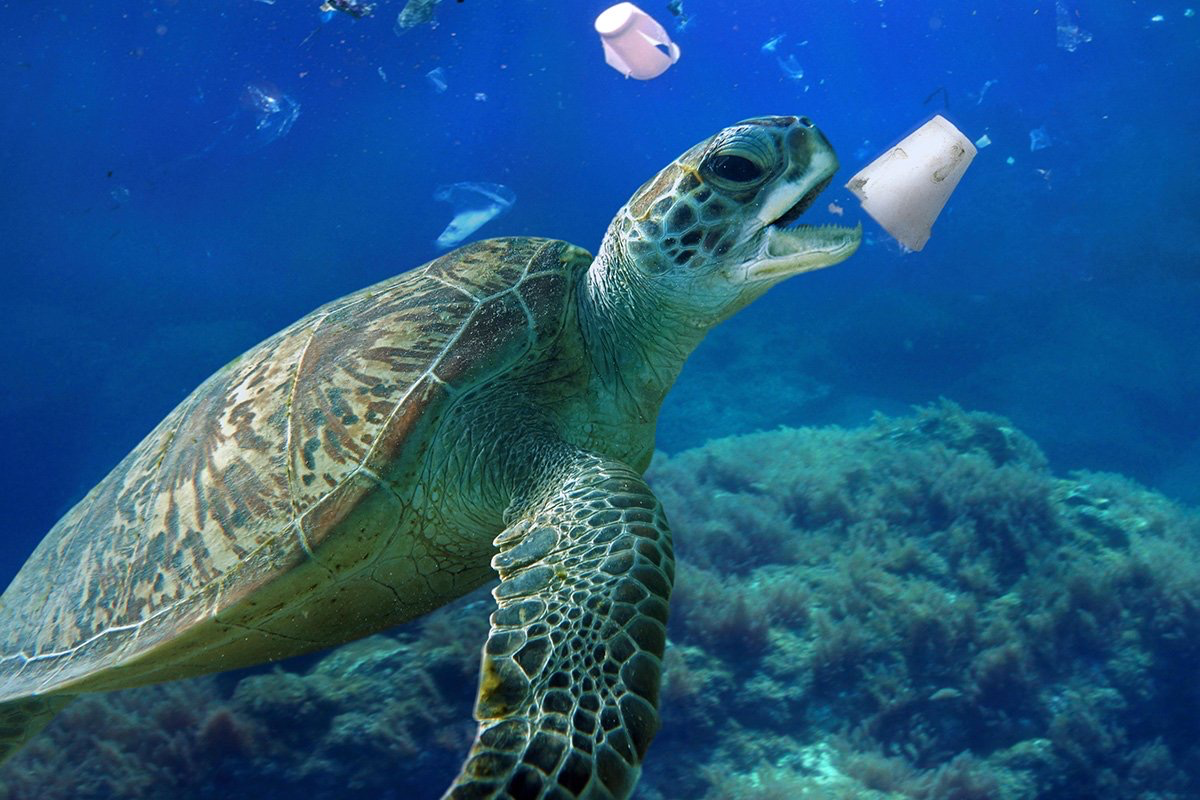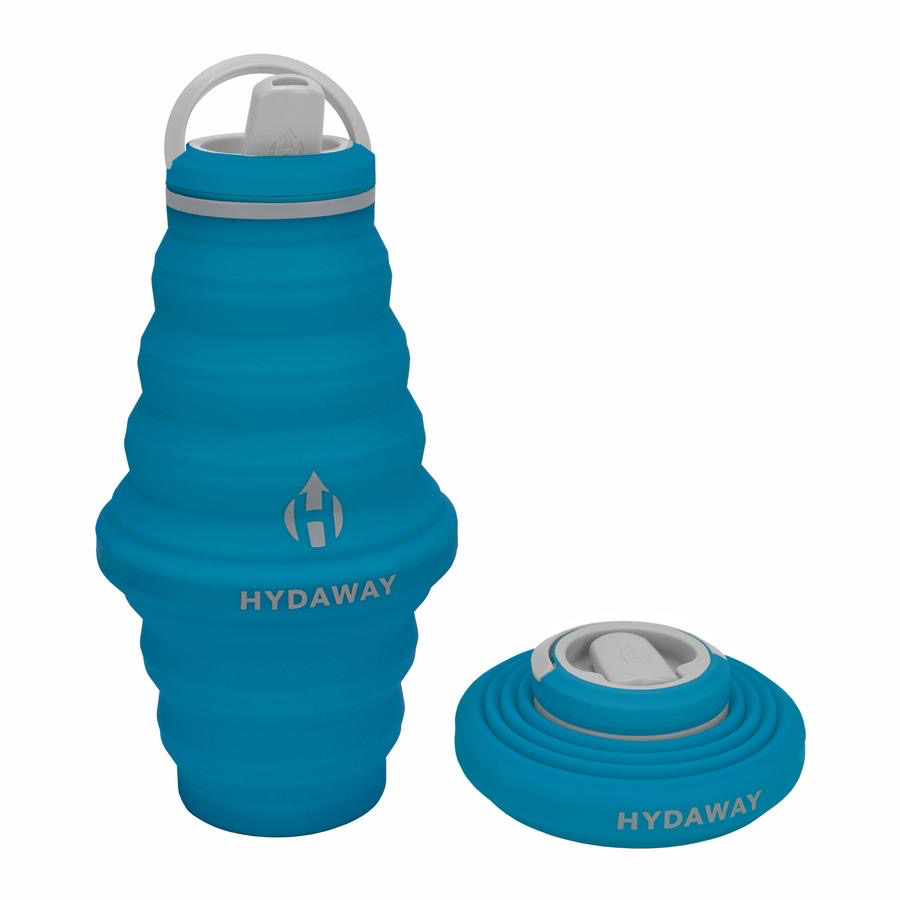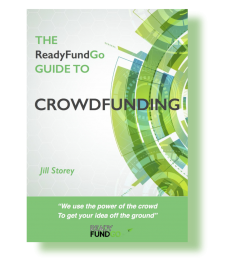
Ocean Plastic Pollution
After the world woke up to the environmental dangers and the scale of plastic pollution in the ocean, there has been no dearth of ideas to reduce, reuse, or recycle plastics. The main stumbling block is lack of money. Crowdfunding, a relatively new way of raising funds, could well be a powerful mechanism to tackle ocean pollution.
Plastic Use
Being versatile, strong, and cheap plastic rapidly found a place in businesses and households. 8.3 billion tonnes of plastic has been produced by the world so far, with half of the production occurring in the last 15 years.
It is the sheer volume of its use that is the core of the plastic pollution problem. Its demand comes mainly from the production of single-use items such as take-away containers and cutlery, and shopping bags. Single-use packaging utilises 40% of plastic.

Moreover, only 15% of plastic is recycled globally; the rest of plastic is either incinerated, left lying around as litter, or added to landfill.
Plastic Waste is Polluting
The very qualities that make plastics attractive have also turned out to be the reasons why it is a problem.
Plastics have additives to make them stronger, so when they are discarded, they persist in the environment for decades. Styrofoam take-away coffee cups and food delivery trays need somewhere from 500,000 to one million years, and shopping bags need 10-1000 years to decompose.
Plastic litter is easily carried away by wind and runoff because items are light, ending up in streams, and flowing down into rivers and oceans. Eight to 13 million tonnes of plastic reaches the oceans every year, accounting for 80% of marine plastic waste. The problem continues unabated with the addition of a garbage truckload of plastic every minute.
Food wrappers, bottle caps, beverage bottles, bags, straws, lids, utensils, take-out containers, cups, and plates are the ten most common items polluting the oceans. All are single-use items.
Ocean Plastic Pollution
Ocean currents carry plastic hundreds of miles away from their sources spreading it over the globe.
Floating plastic accumulates in gigantic gyres stretching over thousands of miles. The heavier varieties, about 70% of the marine plastic sinks to the ocean floor. Though plastic does not decompose easily, it does fragment into small pieces resulting in micro-plastic.
Ocean plastic pollution creates several environmental problems, such as:
Contaminating the food chain:Plastic consumed by small marine animals, are passed on to their predators, the fish or shrimps which we consume. As much as 67% of edible seafood and sea salt is contaminated by plastic. The plastic additives such as bisphenols, flame-retardants, and phthalates can cause cancer and premature births, in people.
Impacting marine life:Nearly 800 marine species have been affected.
- Marine animals die of starvation because the plastic they eat fills their stomachs and they cannot pass it out.
- Half of all turtles have consumed plastic, and a million seabirds die each year from it.

- Whales, turtles, and birds get entangled with fishing nets and other plastic items restricting their growth or movement.
- 94% of the corals that have come in contact with plastic are 20 times more likely to suffer from diseases.
Response to Ocean Pollution
As more information is available on the unfolding crisis in the ocean, people are eager to help.
- Individuals act by using reusable bags, water bottles, or reducing packaging.
- Businesses are getting involved – ASDA, the UK food retailer, no longer sells plastic bags. Australian retailer, Woolworths, has partnered with Redcycle enabling cutomers to return their soft plastic to be recycled into furniture.
- Many state and national governments have banned single use plastics.
Increasingly, people and companies are also ready to donate to organizations that are working on reducing or recycling ocean plastic.
This is beneficial for new enterprises and non-profits that are experimenting and devising ways to tackle the problem of pollution by removing the sources of pollution, or by recycling and upcycling waste. Money is necessary if any idea has to be moved from board to reality.
Large, established funding agencies are often reluctant to take risks and fund completely new ideas. Paradoxically, sometimes, these large agencies are also only interested in giving large sums, which cannot be completely utilized by small enterprises and local grassroots movements.
Crowdfunding
Crowdfunding, a relatively new way of raising funds is a mechanism to tap into the generosity of people concerned with environmental problems.
Crowdfunding can play a significant role in helping address plastic in our oceans. It can be used to both raise awareness of the issue and help bring new solutions and products to market.
It provides a means of appealing directly to interested people spread all over the globe. Each individual/company makes a small contribution, so they are prepared to take more risks than an agency which has to give the entire grant. A successful crowdfunding action can also attract further investors and markets.
Successful Crowdfunding Actions
They have already been several ideas to tackle marine plastic pollution which have raised the requisite monies through crowd-funding. Some of them are mentioned below.
One particular project of current interest is the Good-Edi campaign.
https://readyfundgo.com/project/good-edi-edible-cups/ In Australia, 2.4 million takeaway cups go to landfill every day! Two young ladies from Melbourne have created a solution, the edible cup! They chose to use crowdfunding to raise the funds to buy a machine so they can manufacture their edible cups in Melbourne.
The Ocean Bottle gathered 265,879 USD from 2,979 backers in Norway. It will collect 1000 plastic bottles from the ocean for every purchase of a reusable and insulated ocean bottle.

Diseclar, a Colombian company attracted a healthy 116,785 USD from just 15 backers, for producing furniture from plastic waste, and saving trees from being cut for timber.
FILAFAB is a British campaign for producing plastic filaments extruder and winder for recycling plastic waste for 3-D printing, which raised 52,617 USD from 43 backers.
Team Diablo Organics raised 35,885 USD from 411 backers for two projects in Indonesia; one promotes the collection and recycling of plastics, and the other wants to end the illegal slaughter of shark for their fins.
FinalStraw generated 1,894,878 USD from 38,443 backers in the USA to manufacture collapsible and reusable straws.
Edible Cutlery raised 278,874 USD from 9,293 backers in India to expand the range of vegan and edible cutlery and utensils.
VIA got 268,332 USD from 2,318 backers to collect marine plastic waste to manufacture 100% waterproof and breathable shoes in the USA.
HYDAWAYwill use the 183,360 USD raised from 3,569 backers to manufacture a convenient collapsible bottle in various sizes in the USA

Lorica Clothing collected 174,609 USD from 1,989 backers to make leggings made from textile produced from recycled ocean plastic in the USA.
Think Globally and Act Locally
It will require many local and global efforts to curtail the use of plastics. There is also the problem of an estimated 150 million tonnes, which is at present already in the oceans. The enthusiasm of individuals spread over the world can be harnessed easily through crowdfunding to tackle ocean plastic pollution.
ReadyFundGo is currently working with a number of organisations with ideas they are looking to bringing to market using crowdfunding. If you have an idea and would like to discuss if crowdfunding will be right for your solution to ocean plastic, would like to partner with us or be first to hear about new ideas, please e mail us.



